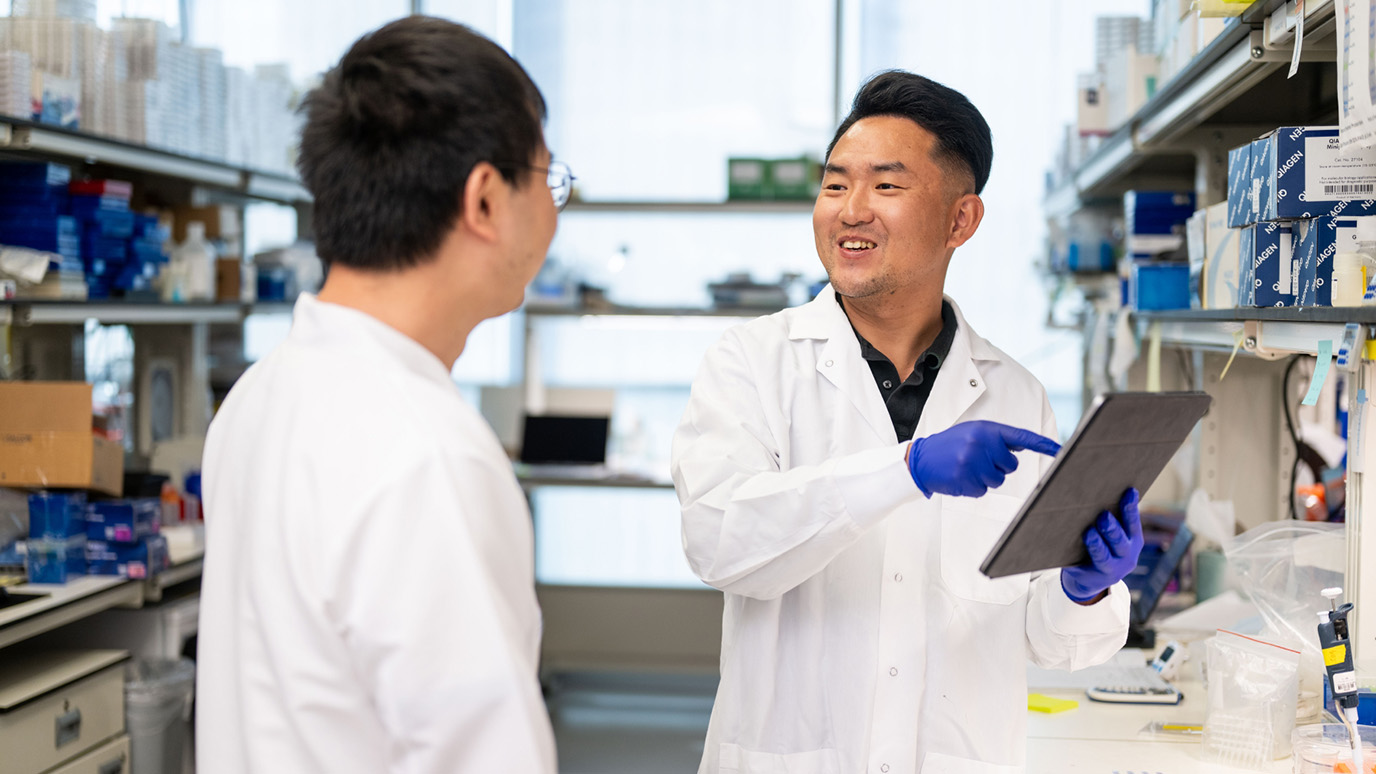- Diseases
- Acoustic Neuroma (14)
- Adrenal Gland Tumor (24)
- Anal Cancer (68)
- Anemia (2)
- Appendix Cancer (16)
- Bile Duct Cancer (26)
- Bladder Cancer (72)
- Brain Metastases (28)
- Brain Tumor (232)
- Breast Cancer (714)
- Breast Implant-Associated Anaplastic Large Cell Lymphoma (2)
- Cancer of Unknown Primary (4)
- Carcinoid Tumor (8)
- Cervical Cancer (158)
- Colon Cancer (166)
- Colorectal Cancer (118)
- Endocrine Tumor (4)
- Esophageal Cancer (44)
- Eye Cancer (36)
- Fallopian Tube Cancer (8)
- Germ Cell Tumor (4)
- Gestational Trophoblastic Disease (2)
- Head and Neck Cancer (12)
- Kidney Cancer (128)
- Leukemia (342)
- Liver Cancer (50)
- Lung Cancer (286)
- Lymphoma (278)
- Mesothelioma (14)
- Metastasis (30)
- Multiple Myeloma (100)
- Myelodysplastic Syndrome (60)
- Myeloproliferative Neoplasm (6)
- Neuroendocrine Tumors (16)
- Oral Cancer (100)
- Ovarian Cancer (172)
- Pancreatic Cancer (160)
- Parathyroid Disease (2)
- Penile Cancer (14)
- Pituitary Tumor (6)
- Prostate Cancer (146)
- Rectal Cancer (58)
- Renal Medullary Carcinoma (6)
- Salivary Gland Cancer (14)
- Sarcoma (238)
- Skin Cancer (296)
- Skull Base Tumors (56)
- Spinal Tumor (12)
- Stomach Cancer (64)
- Testicular Cancer (28)
- Throat Cancer (92)
- Thymoma (6)
- Thyroid Cancer (98)
- Tonsil Cancer (30)
- Uterine Cancer (80)
- Vaginal Cancer (16)
- Vulvar Cancer (20)
- Cancer Topic
- Adolescent and Young Adult Cancer Issues (20)
- Advance Care Planning (10)
- Biostatistics (2)
- Blood Donation (18)
- Bone Health (8)
- COVID-19 (362)
- Cancer Recurrence (120)
- Childhood Cancer Issues (120)
- Clinical Trials (632)
- Complementary Integrative Medicine (22)
- Cytogenetics (2)
- DNA Methylation (4)
- Diagnosis (232)
- Epigenetics (6)
- Fertility (62)
- Follow-up Guidelines (2)
- Health Disparities (14)
- Hereditary Cancer Syndromes (126)
- Immunology (18)
- Li-Fraumeni Syndrome (8)
- Mental Health (116)
- Molecular Diagnostics (8)
- Pain Management (62)
- Palliative Care (8)
- Pathology (10)
- Physical Therapy (18)
- Pregnancy (18)
- Prevention (918)
- Research (392)
- Second Opinion (74)
- Sexuality (16)
- Side Effects (604)
- Sleep Disorders (10)
- Stem Cell Transplantation Cellular Therapy (216)
- Support (402)
- Survivorship (322)
- Symptoms (182)
- Treatment (1786)
Leukemia specialist: Identifying new treatments is the most gratifying part of my job
2 minute read | Published October 17, 2018
Medically Reviewed | Last reviewed by an MD Anderson Cancer Center medical professional on October 17, 2018
Last updated Aug. 23, 2021
Because standard treatments have failed for so many patients, our goal at MD Anderson is to have a clinical trial available for everybody who walks through the door.
Whether they involve entirely new therapies or new combinations of approved drugs, clinical trials are intended to be an advance in medicine — to offer patients something better than what’s currently out there.
That’s why it’s so important to get an accurate diagnosis from the beginning. Different types of even one disease can call for vastly different treatment protocols. And we want to provide our patients with the right therapies from the outset — because our goal is to cure the disease, not just treat the symptoms.
The MD Anderson difference: expertise and personalized care
Any patient who comes through our doors — whether it’s for their first consultation or a second opinion — is going to get a complete workup. And because we perform tests that aren’t usually done by doctors elsewhere, such as bone marrow biopsies and genetic mutation tests, about 20-30% of the time, patients’ diagnoses will actually change. Once we know definitively what each patient has, we can individualize and personalize the best treatment for them, based on their disease’s characteristics.
With leukemia — which is my specialty — there are essentially two types: chronic and acute. Acute leukemia is aggressive and very fast-growing, so it usually causes a quick change in someone’s health. Often, those patients need urgent treatment. Chronic leukemia, on the other hand, is slower-growing, so it doesn’t always need treatment right away. It’s usually picked up during a routine physical exam.
The best way to find out exactly which kind of disease someone has is to visit a high-volume cancer center like MD Anderson. Each of our departments is large enough that its doctors can focus on a particular type of leukemia, rather than just leukemia in general. And our physicians’ high degree of expertise means we are able to treat not only the common cancers, but also the rare ones.
The best part of my job as a leukemia specialist
Early drug development is tricky, and a lot of pre-clinical work goes into developing a clinical trial, but leukemia has seen many advances over the years due to clinical trials that have set new standards of care.
In some cases, new leukemia treatments have brought not just hope, but life, to my patients — who otherwise would not have survived. And that’s why identifying new therapies is the most gratifying part of my job.
William Wierda, M.D., Ph.D., specializes in treating leukemia.
Request an appointment at MD Anderson online or by calling 1-877-632-6789.
Related Cancerwise Stories

Our goal is to cure the disease, not just treat the symptoms.
William Wierda, M.D., Ph.D.
Physician & Researcher





